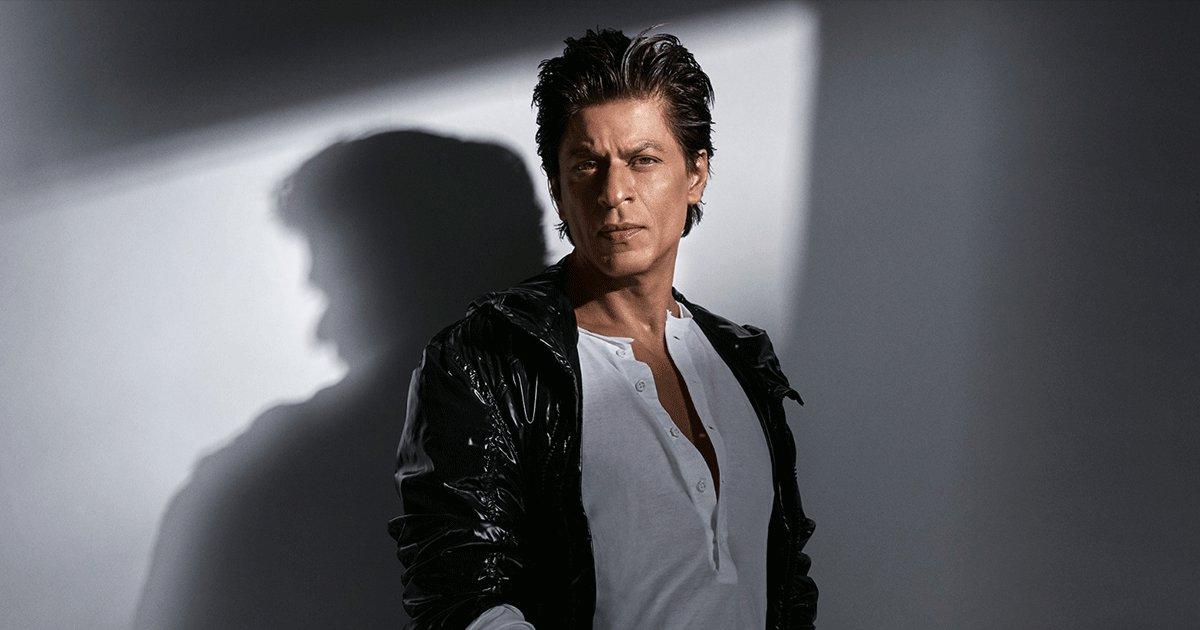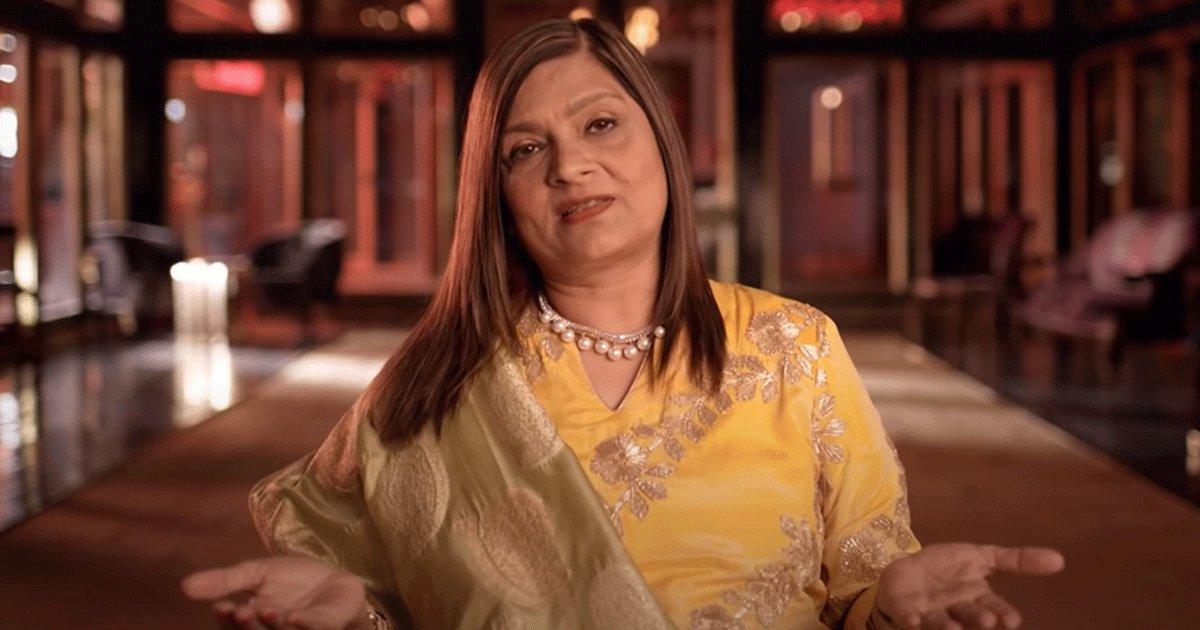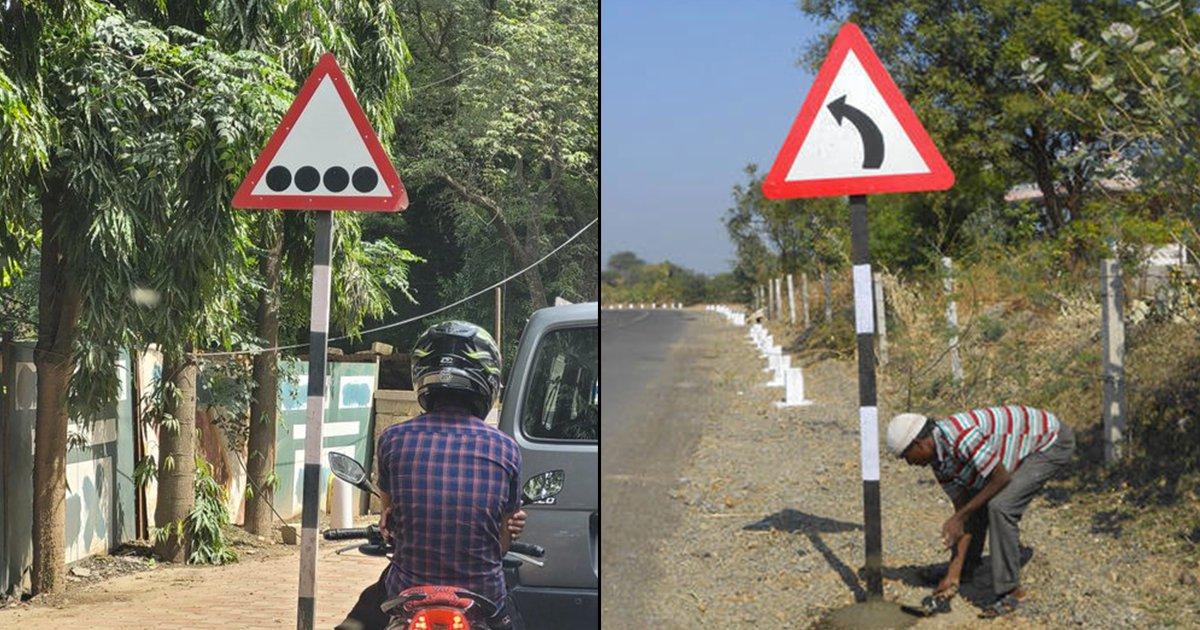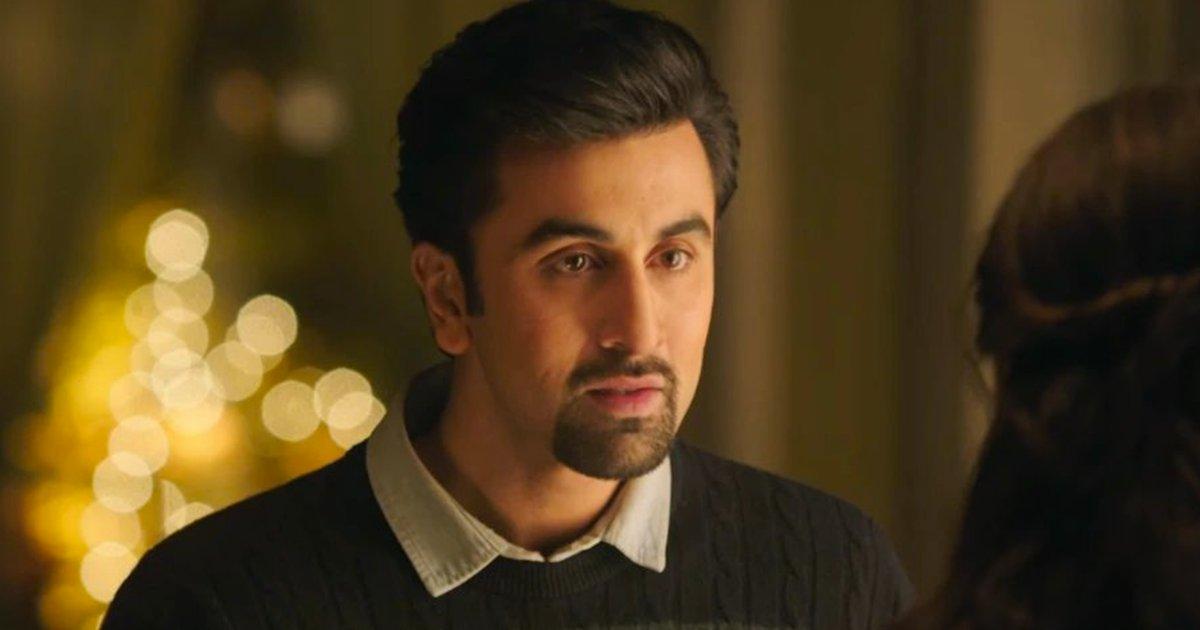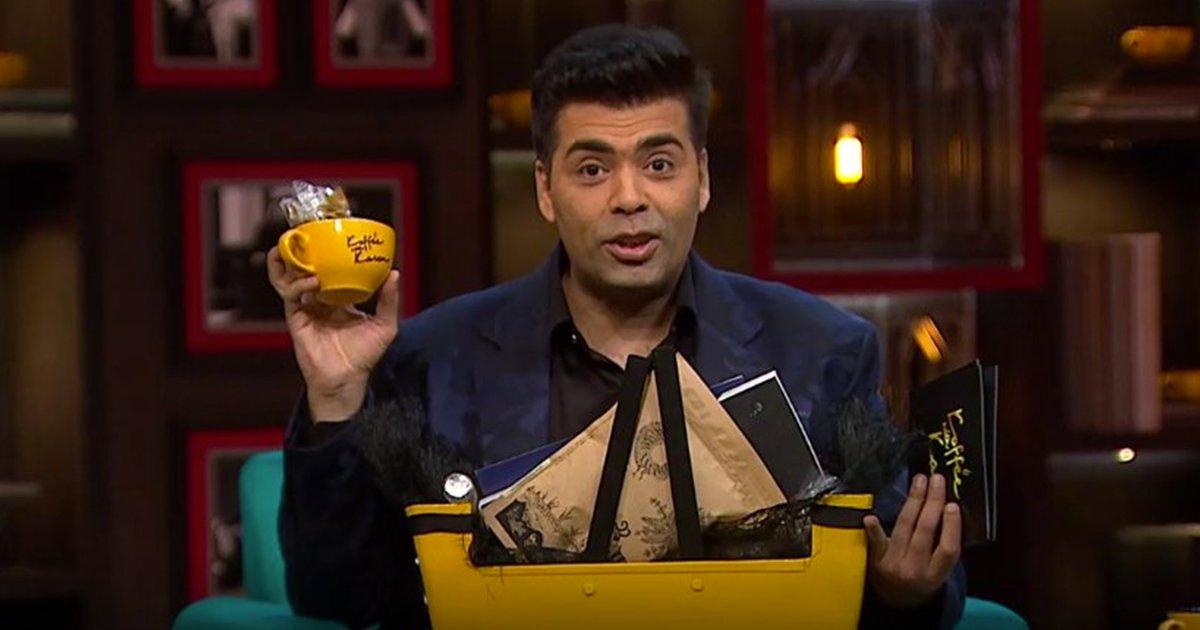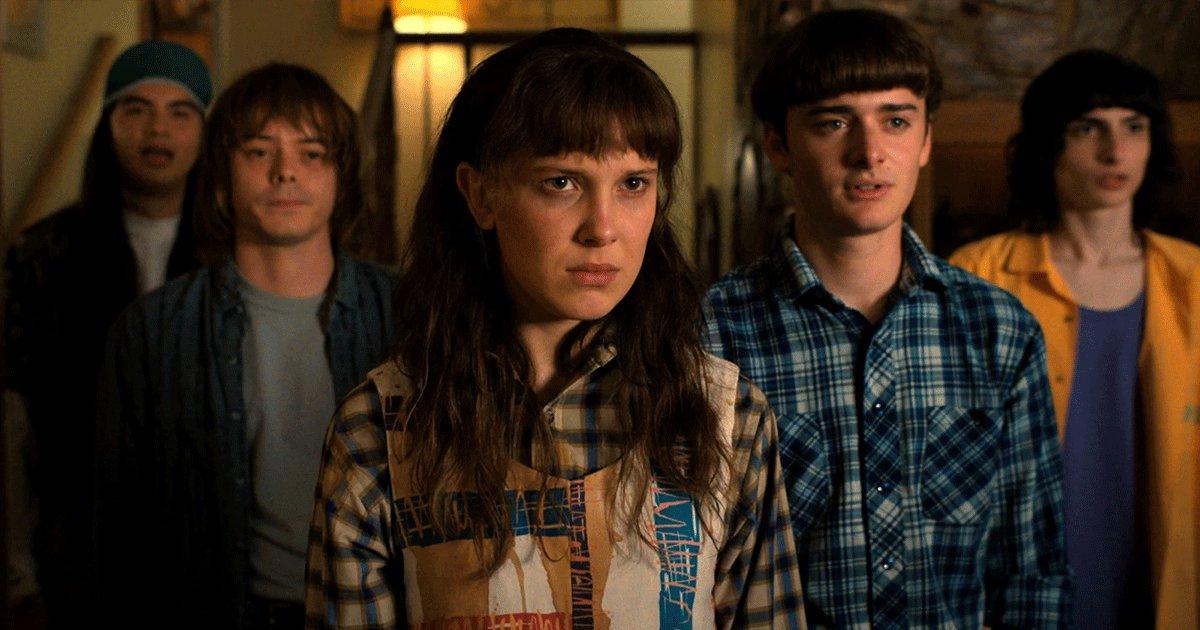Netflix’s Ludo, written and directed by Anurag Basu, is a madcap dark comedy, that celebrates the ineffable unpredictability of life. A stellar starcast, a novel story, and expert direction make this a film well worth your time, though it’s not without its flaws.
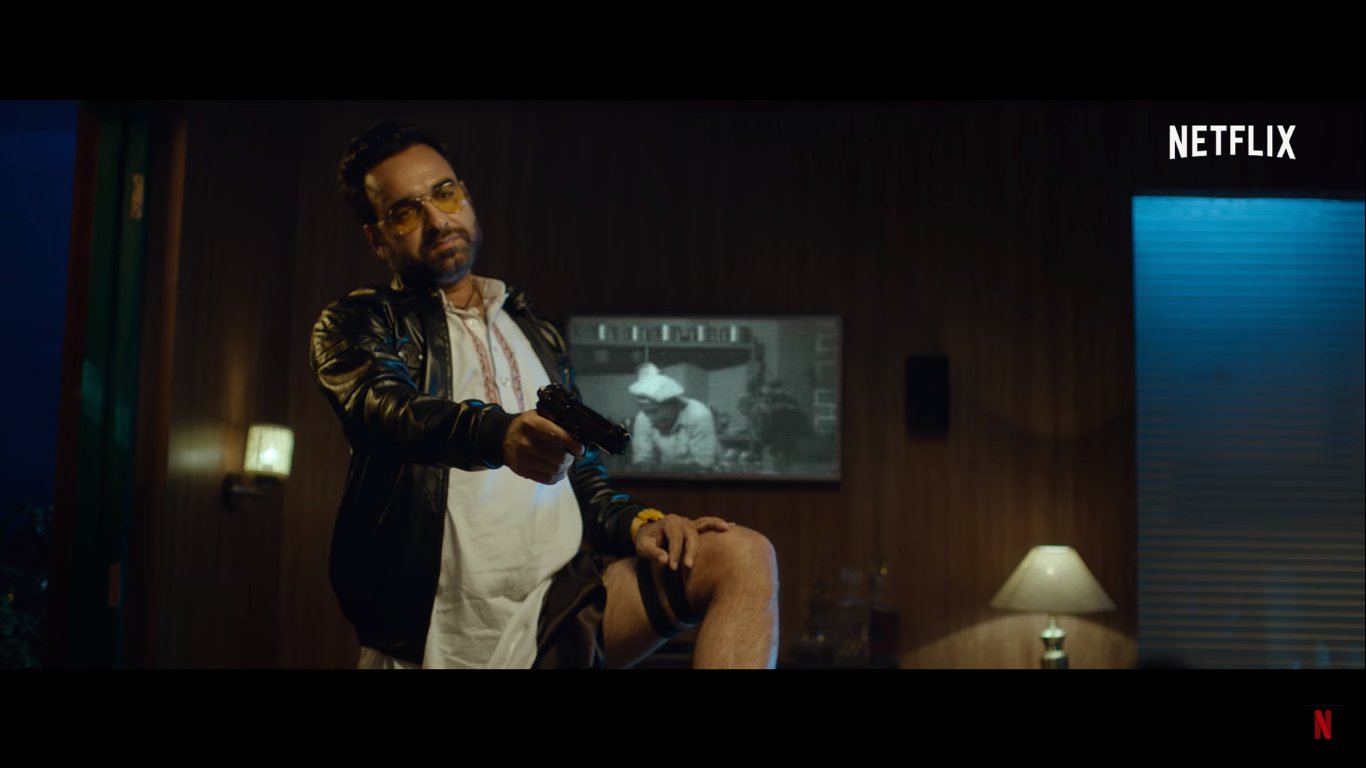
However, personally, the greatest discovery through Ludo has been the song Qismat Ki Hawa Kabhi Naram from the black-and-white movie Albela, released in 1951.
Yes, even though the film’s original soundtrack includes some truly beautiful tracks by Pritam, the song that I can’t stop humming, ever since the trailer released, has to be Qismat Ki Hawa. And I’m not the only one.
Loved, loved, loved #Ludo. Also, really can’t get over this song now.#Ludoreview https://t.co/NYAhcCuddE
— Kriti Tulsiani (@TulsianiKriti) November 12, 2020
Oh beta ji kismat ki hawa kabhi naram garam naram garam#Ludo https://t.co/GjWqifi0Lw
— Akhilesh Vatshya (@akhion) November 3, 2020
O beta Ji arre O babu ji, kismat ki hawa kabhi naram kabhi garam! Congrats 🎉@juniorbachchan @RajkummarRao @TripathiiPankaj @fattysanashaikh @sanyamalhotra07 Seen “Ludo” on Netflix yet?https://t.co/Gs9CNrTMgy
— Imran khan Nyr (@ImranNyr) November 12, 2020
This song was beautifully weaved into the Ludo trailer. As the saying goes, Bhagwan Dada was swag before swag became swag.
— Paka Aloo Papito (@superdeluxestan) November 5, 2020
The 2016 film Ekk Albela starring Mangesh Desai (as Bhagwan Das) is Bhagwan’s biopic. Vidya Balan (as Geeta Bali) had a cameo.https://t.co/c6JXlItpgL
Thanks to team #Ludo to let me know this masterpiece from the movie Albela (1951)#AnuragBasu @juniorbachchan #pankajtripathi @RajkummarRao #AdityaRoyKapur @fattysanashaikh @sanyamalhotra07
— Chandan Mohanty (@mohanty_chandan) October 20, 2020
“Let’s make a fresh start” 😄😄#LudoTrailer #LudoOnNetflix https://t.co/jm0zt0FKe1
Qismat Ki Hawa Kabhi Naram | Albela Songs | Bhagwan Dada | Geeta Bali | … https://t.co/bvC6Biow4c via after watching the Ludo Trailer.. I have to share this wonderful gem
— Aneeta (@AneetaRadoja) October 23, 2020
Not only does the song leave you with a rueful smile on your face, but it also happens to be a perfect sum-up of the year that 2020 has been.
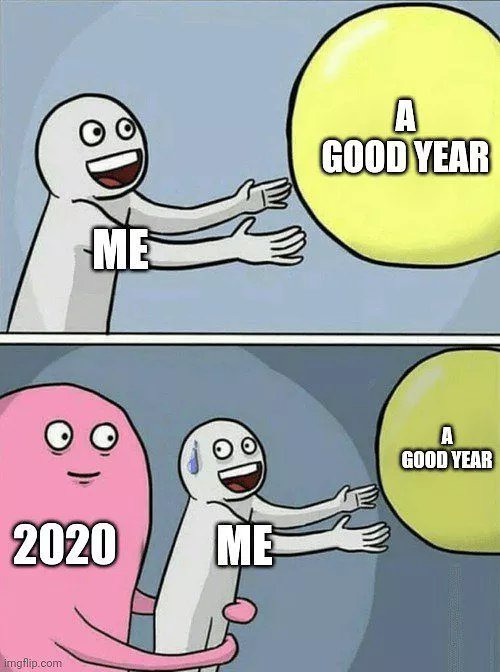
Originally composed and sung by C. Ramchandra, with lyrics by Rajendra Krishna, the song is picturized on Bhagwan Dada. And, from its picturization to its beats to its lyrics, the song is a laughter riot.
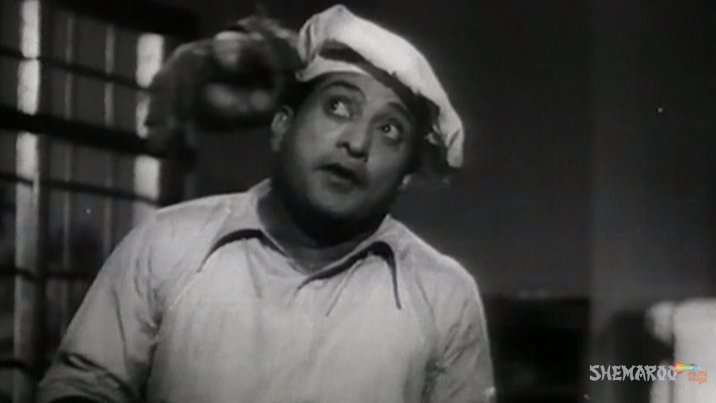
But more importantly, it imparts the lesson that we can never accurately predict what fate has in store.
Bade akad se beta nikle ghar se actor honeWaah ri qismat, Waah ri qismat,Qismat me the likhe bartan dhone…
The same lesson that 2020 taught us by giving us long weekends and then making it impossible to travel. It tells us,
2020 is so shitty that even the word ‘positive’ sucks.
— Sam Esmail (@samesmail) November 11, 2020
The song reminds us that life is never equal. Much like the way 2020 has been for different people.
Some have been grateful to finally be able to spend more time with family, rediscover lost hobbies, and get rid of bras forever. While others have suffered due to lost opportunities, dwindling savings, and personal losses, and had to work, despite the risks.
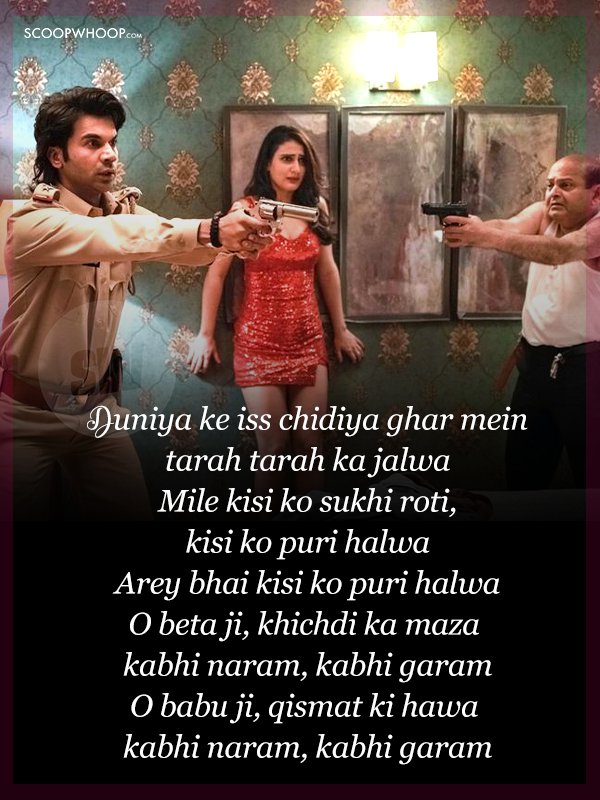
But ultimately, the song reminds us that happiness and sorrows are two sides of the same coin. And rather than chasing happiness or drowning in miseries, it’s best to simply breathe in the gift of life and take it, one day at a time.
And hasn’t that what this year has been all about anyway? A reminder that fate can be both, cruel and kind. Irrespective, life keeps going on.

The song has thankfully been used in Ludo without being remixed. In the movie, of course, it becomes the perfect start to the amusingly eccentric ride the film’s characters are unknowingly, embarking upon.
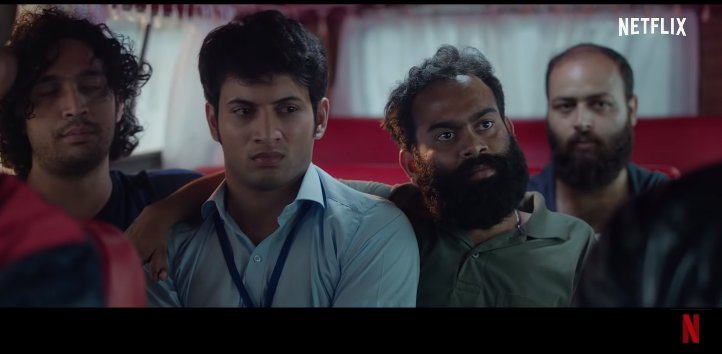
But the song works as the kind of uplifting, real-life mantra that makes sense not just within the film, but also, outside of the film. And that’s why this track resonates with people who have been alive for fewer years than the time it has been since the film first released!




























